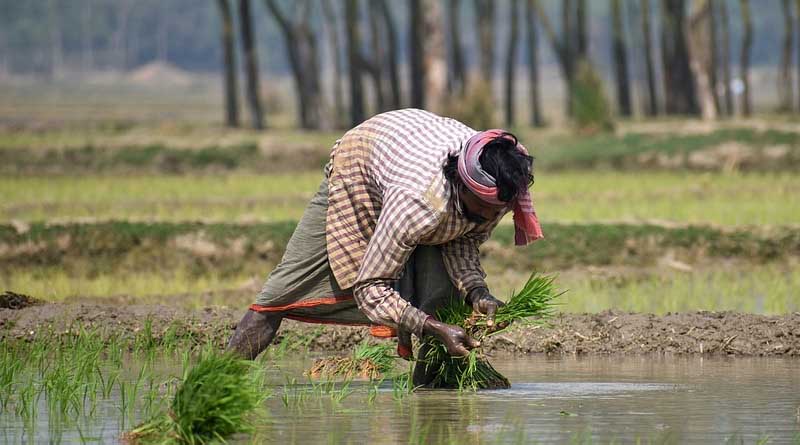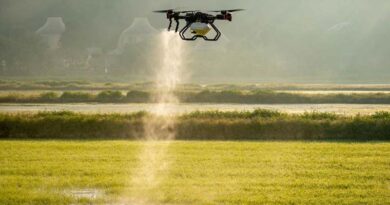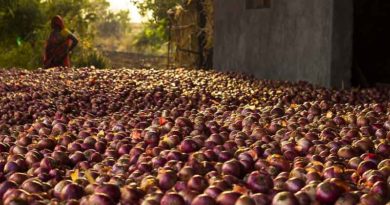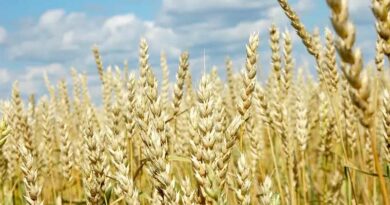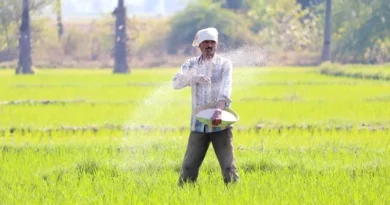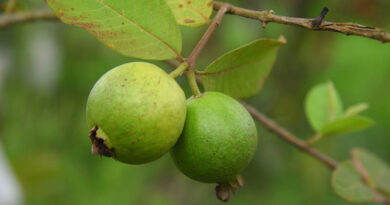How farm-to-fork consumption behaviour can promote organic farming
Guest Author: Mr. Satyajit Shivajirao Hange, Farmer and Co-founder of Two Brother Organic Farms
20 April 2023, New Delhi: As the world moves towards more mindful eating practices, people are now focusing on the growing concerns about chemicals and artificial agents used in growing the fruits and vegetables which we buy from stores. Problems such as cold stored vegetables, chemical infused vegetables, artificial manure etc. are damaging to one’s immune system. Due to this, a newer approach of people sourcing their ingredients straight from local farmers and producers is becoming increasingly popular. In this article, we will explore how farm-to-fork consumption behaviour can promote organic farming.
So what exactly is farm-to-fork consumption? “Farm-to-fork” consumption behavior refers to the practice of individuals or communities sourcing their food directly from local farmers and producers, rather than relying on large-scale food distribution systems. It emphasizes the importance of fresh, locally grown food and reducing the environmental impact of transporting food over long distances.
The connection between farm-to-fork consumption and organic farming is clear. Consumers are seeking healthier, fresher, and more sustainable food options, which has led to the growth of organic farming. Organic farming uses natural methods to cultivate crops and doesn’t rely on synthetic chemicals or pesticides. This method of farming is sustainable and helps to reduce the environmental impact of food production. This calls for a big revolution in the organic farming industry as the demand increases.
Farm-to-fork consumption behavior also supports local farmers and producers, which helps to create a more resilient food system. By sourcing food locally, communities can reduce the carbon footprint of food transportation and support local businesses. This, in turn, can help to create jobs and improve the economic stability of communities.
Demand Driven Market
The demand for organic products is on the rise, and this is driving the need for more organic farming practices. As more people shift towards farm-to-fork consumption, the demand for organic food will continue to grow. This will create a more sustainable and resilient food system, which is vital in the face of climate change and other environmental challenges. In fact, Indian government is also putting in efforts to promote this. In fact, The northeastern state of Mizoram has set a target of becoming fully organic by 2025.
According to a report by Statista, in the financial year 2022, more than 2% of the total farming area in India was under organic farming, which is an increase from the previous year. Organic crop production reached 3.2 million metric tons in MY 2020/2021, up 36 percent compared to the previous year, as reported by India’s APEDA. India is also home to 30% of the total organic producers in the world, with a total organic cultivation area of 2.30 million ha. These statistics indicate that organic farming is on the rise in India and highlights the potential for more farm-to-fork consumption behavior. It is important to work towards creating a more resilient food system by supporting local farmers and producers and reducing the environmental impact of food transportation.
Health Benefits
In addition to the environmental and health benefits, farm-to-fork consumption behaviour also helps to build a sense of community. When individuals or communities source their food directly from local farmers and producers, they create a direct relationship with those who grow their food. This can lead to greater transparency and trust in the food system, as consumers have a better understanding of where their food comes from and how it is produced.
Furthermore, this direct relationship between consumers and farmers can also lead to more innovation in farming practices. Farmers who sell their products directly to consumers have more flexibility in what they can grow and how they can grow it.
The benefits of farm-to-fork consumption are not limited to fruits and vegetables. Consumers can also source locally produced meats, dairy products, and grains. This promotes the growth of local food systems, which can be more diverse and resilient than large-scale food systems.
However, there are some challenges to implementing farm-to-fork consumption behaviour. For example, not all areas have access to local farmers and producers, and some people may not have the time or resources to source their food directly.
Despite these challenges, the benefits of farm-to-fork consumption behaviour are clear. Hence, by sourcing food directly from local farmers and producers, consumers can improve their health, reduce their environmental impact, and build stronger communities. This trend towards more mindful eating practices and sustainable food systems is a positive step towards a more resilient and equitable future.
(For Latest Agriculture News & Updates, follow Krishak Jagat on Google News)

